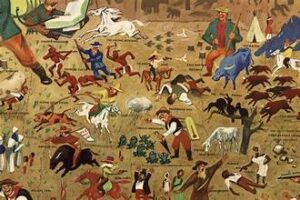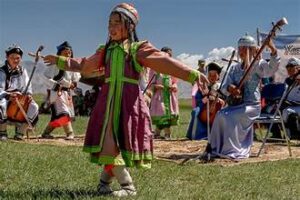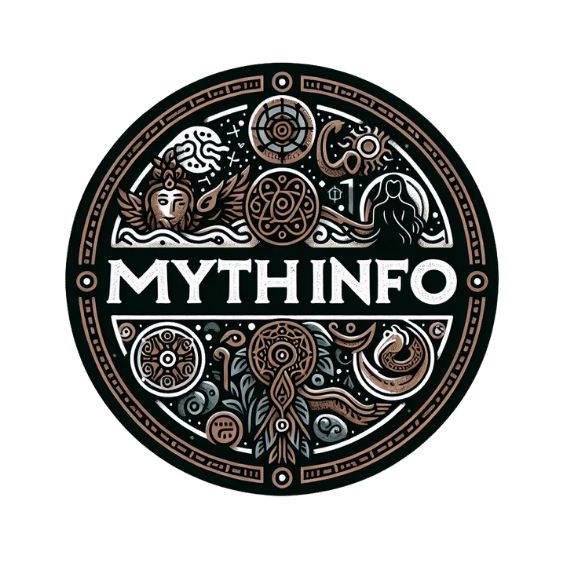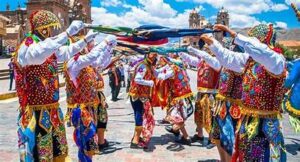Folk traditions are the living fabric of cultures worldwide, representing the values, beliefs, and stories passed down through generations. Among these traditions, folk heroes hold a special place, serving as symbols of cultural identity, resilience, and inspiration. In an increasingly globalized world, the revival of folk traditions, particularly through the lens of folk heroes, becomes crucial for preserving cultural heritage and fostering community bonds. This article delves into the significance of folk heroes in today’s cultural landscape, exploring their roles, relevance, and the ways they continue to influence contemporary society.
Understanding Folk Heroes
Folk heroes are often characterized as larger-than-life figures who embody the values and ideals of their communities. These individuals, whether real or mythical, are celebrated for their bravery, wisdom, and moral integrity. They frequently emerge from stories and legends that reflect the struggles and triumphs of ordinary people, making them relatable to the masses.
Characteristics of Folk Heroes
- Cultural Symbolism: Folk heroes often symbolize specific cultural traits, such as bravery, loyalty, or resilience. For instance, Robin Hood represents the fight against injustice, while Paul Bunyan embodies the spirit of American ruggedness and resourcefulness.
- Relatable Narratives: The stories surrounding folk heroes typically highlight their humble beginnings, struggles, and ultimate triumphs. These narratives resonate with people’s experiences, making the heroes relatable and aspirational figures.
- Community Identity: Folk heroes serve as focal points for community identity. They encapsulate the shared history and values of a group, providing a sense of belonging and pride among community members.
The Role of Folk Heroes in Cultural Preservation
1. Transmitting Values and Morals
Folk heroes play a vital role in transmitting cultural values and morals. Through their stories, they impart lessons about integrity, justice, and compassion. For example, the tales of Br’er Rabbit in African American folklore emphasize cleverness and resourcefulness, teaching communities to navigate challenges with wit and wisdom.
2. Fostering a Sense of Belonging
In a world where globalization often dilutes cultural identities, folk heroes offer a powerful reminder of local heritage. They create a sense of belonging among individuals, linking them to their roots and shared histories. Celebrating these heroes through festivals, storytelling sessions, and community gatherings reinforces cultural bonds and fosters pride in one’s heritage.
3. Encouraging Community Engagement
Folk heroes can galvanize community engagement, inspiring individuals to participate in cultural activities, such as reenactments, plays, and storytelling events. These gatherings not only celebrate the heroes themselves but also create spaces for intergenerational dialogue, allowing older generations to share their knowledge and experiences with younger members of the community.
Contemporary Relevance of Folk Heroes
1. Cultural Resistance
In an era marked by cultural homogenization, folk heroes symbolize resistance against the loss of cultural identity. They remind individuals of the unique narratives and traditions that shape their communities. By embracing folk heroes, cultures can assert their identities and resist the pressures of globalization.
2. Inspiration for Modern Activism
Many contemporary social movements draw inspiration from folk heroes. Figures like Malala Yousafzai, who fought for girls’ education, resonate with the characteristics of traditional folk heroes—courage, determination, and a commitment to justice. The stories of these modern figures often parallel the struggles of historical folk heroes, highlighting the continuity of the fight for equity and justice.
3. Artistic Expressions and Storytelling
Folk heroes continue to inspire artistic expressions in literature, music, and visual arts. Contemporary artists often reinterpret traditional folk tales, infusing them with modern themes and issues. This artistic revival serves to keep the stories alive while making them relevant to current audiences.
4. Education and Awareness
Integrating folk heroes into educational curricula helps raise awareness of cultural heritage among younger generations. By learning about these figures and their stories, students can develop a deeper understanding of their cultural backgrounds, fostering appreciation for diversity and encouraging respect for different traditions.
Reviving Folk Traditions in the Modern Era
1. Cultural Festivals and Events
Cultural festivals celebrating folk traditions and heroes are vital for reviving interest and participation. These events provide platforms for storytelling, performances, and community engagement, reinforcing the relevance of folk heroes in contemporary society. They also attract tourism, contributing to local economies while promoting cultural awareness.
2. Digital Platforms and Social Media
The rise of digital platforms has opened new avenues for preserving and promoting folk traditions. Social media allows communities to share their folk hero narratives, engage with wider audiences, and connect with individuals who share similar cultural backgrounds. Online storytelling sessions, virtual performances, and interactive discussions foster global connections while celebrating local traditions.
3. Community Involvement and Education
Local communities play a crucial role in the revival of folk traditions. Workshops, storytelling circles, and collaborative art projects can engage community members in preserving their cultural heritage. Educational programs that emphasize the importance of folk heroes can inspire younger generations to take an active role in keeping these traditions alive.
Challenges in Reviving Folk Traditions
1. Cultural Appropriation
As folk traditions gain popularity, there is a risk of cultural appropriation. It’s crucial for communities to maintain control over their narratives and representations, ensuring that folk heroes are celebrated respectfully and authentically. Encouraging participation from the originating cultures helps mitigate the risks of misrepresentation.
2. Globalization Pressures
The pressures of globalization often lead to the dilution of local cultures. Maintaining the relevance of folk heroes in a fast-paced world requires innovative approaches to engage younger audiences. Combining traditional narratives with contemporary themes can help bridge the gap between generations.
3. Generational Disconnect
The disconnect between generations can hinder the transmission of folk traditions. To address this, communities should create opportunities for intergenerational dialogue, allowing elders to share their knowledge and experiences with younger individuals. This exchange can strengthen cultural bonds and foster mutual respect.
Conclusion
The significance of folk heroes in today’s cultural landscape cannot be overstated. As symbols of resilience, community identity, and cultural values, they play a crucial role in preserving folk traditions amid the challenges of modernization and globalization. By reviving and celebrating these heroes, communities can foster a deeper appreciation for their cultural heritage, inspiring future generations to carry the torch of tradition forward. In a world where individuality often overshadows collective identity, folk heroes remind us of the strength found in our shared stories and experiences, reinforcing the bonds that unite us as human beings.


